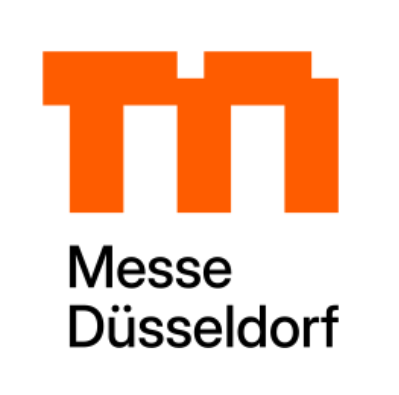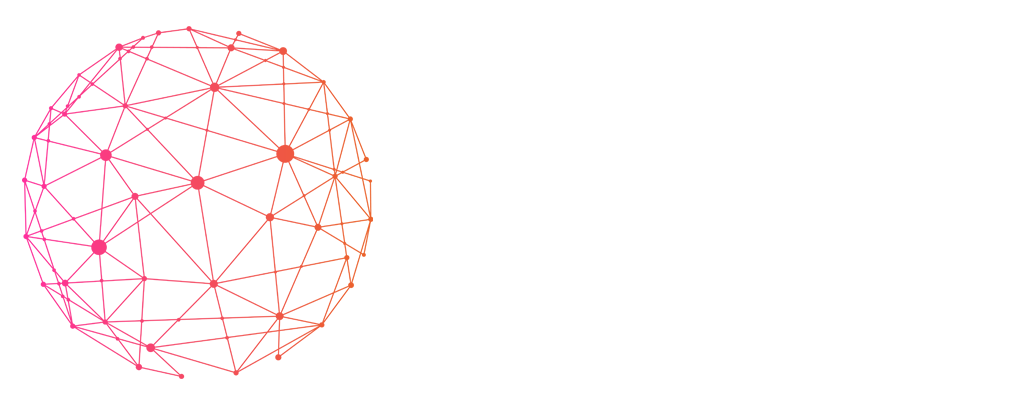Capacity
Glossary Page
According to the ART4DCM-86 - DCM standard, the capacity of a supplier is defined in several ways. The "supplier capacity" refers to the amount of output that a supplier can realistically produce per calendar week and material for a particular customer, taking into account all factors that may affect this capacity. The "supplier maximum capacity," on the other hand, is the absolute maximum amount of output that a supplier can produce per calendar week and material for a specific customer. The difference between the supplier's maximum capacity and their actual capacity is known as the "supplier flex capacity," which represents the amount of flexible capacity that a supplier has available. Finally, the "contractual capacity" is the capacity that is agreed upon in a contract between the supplier and the customer for a specific period, typically converted to a weekly basis.
https://www.supplyon.com/en/blog/no-more-out-of-supply-how-capacity-management-builds-resiliency-into-supply-chains/
Latest Webinars
Latest Articles

Our Content Management System (CMS) became an attack target
When our CMS became the target of a large-scale DDoS attack, it triggered a real-world stress test of our cloud infrastructure. From saturated load balancers and 100% CPU utilization to emergency mitigation measures, this incident challenged our resilience. By rapidly implementing AWS CloudFront, AWS WAF, and a secure edge-based protection model, we successfully stabilized the system and prevented further disruption. A follow-up attack confirmed the effectiveness of the new architecture, demonstrating how proactive security design and strong collaboration ensure service continuity and long-term resilience.
Read more

Mohamed Radwan
Feb 17, 2026

Bundesliga fans on the move: What Motion Data reveals about football culture
The article explores how T‑Systems’ Motion Data leverages anonymized mobile network information to reveal real‑world fan behavior in the 2024/25 Bundesliga season. It highlights how supporters travel to home and away matches, the demographic composition of stadium audiences, and which clubs attract the largest crowds—including surprising cross‑border dynamics. By transforming assumptions into measurable insights, Motion Data enables clubs, cities, and event organizers to improve mobility planning, enhance stadium operations, and design more targeted fan engagement strategies.
Read more

Tino Bliesener
Jan 28, 2026

Flex: Electronic Control Unit (ECU)
Flex partnered with T-Systems to migrate ECU data exchange to Catena-X, enabling secure, multiregional, real-time validation across global production sites. Using T-Systems’ Connect & Integrate solution, Flex achieved end-to-end integration, API and Cofinity-X interface testing, and a fully validated production setup. This scalable dataspace foundation now supports future use cases including Product Carbon Footprint, Certificate Management, Battery Pass, and global traceability, while maintaining full data sovereignty.
Read more

Andrea Garcia
Jan 16, 2026





